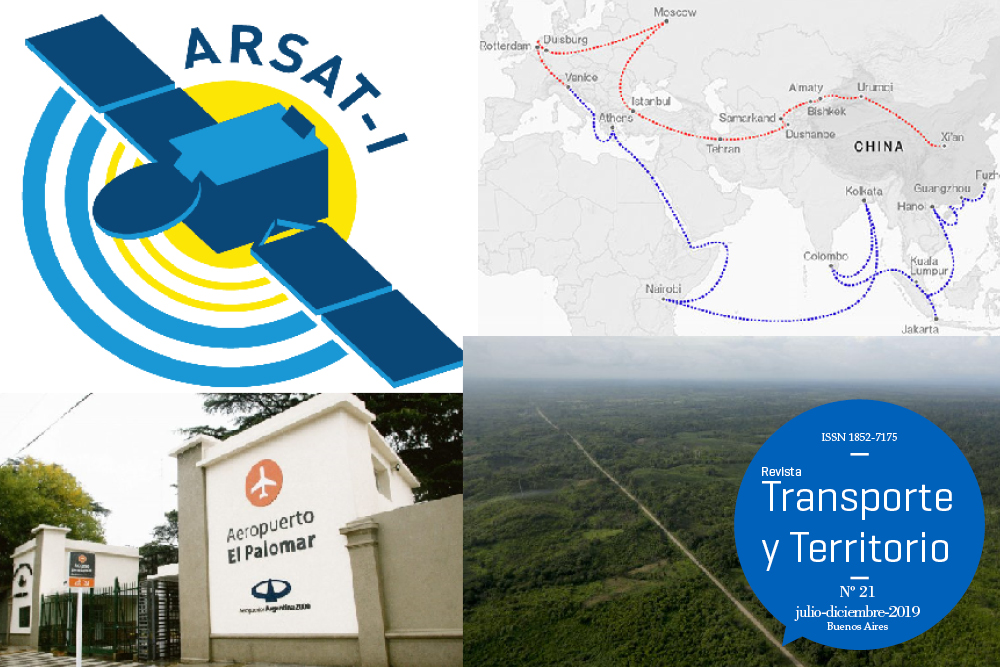 Aviso importante
Aviso importanteEl sitio de esta revista se encuentra en actualización. Durante este período permanecerá accesible y podrá navegarse con normalidad, pero los cambios o cargas realizados en línea no se guardarán.
Ante cualquier duda, por favor contacte al equipo editorial de la revista por correo electrónico.




1.jpg)

3.png)




















